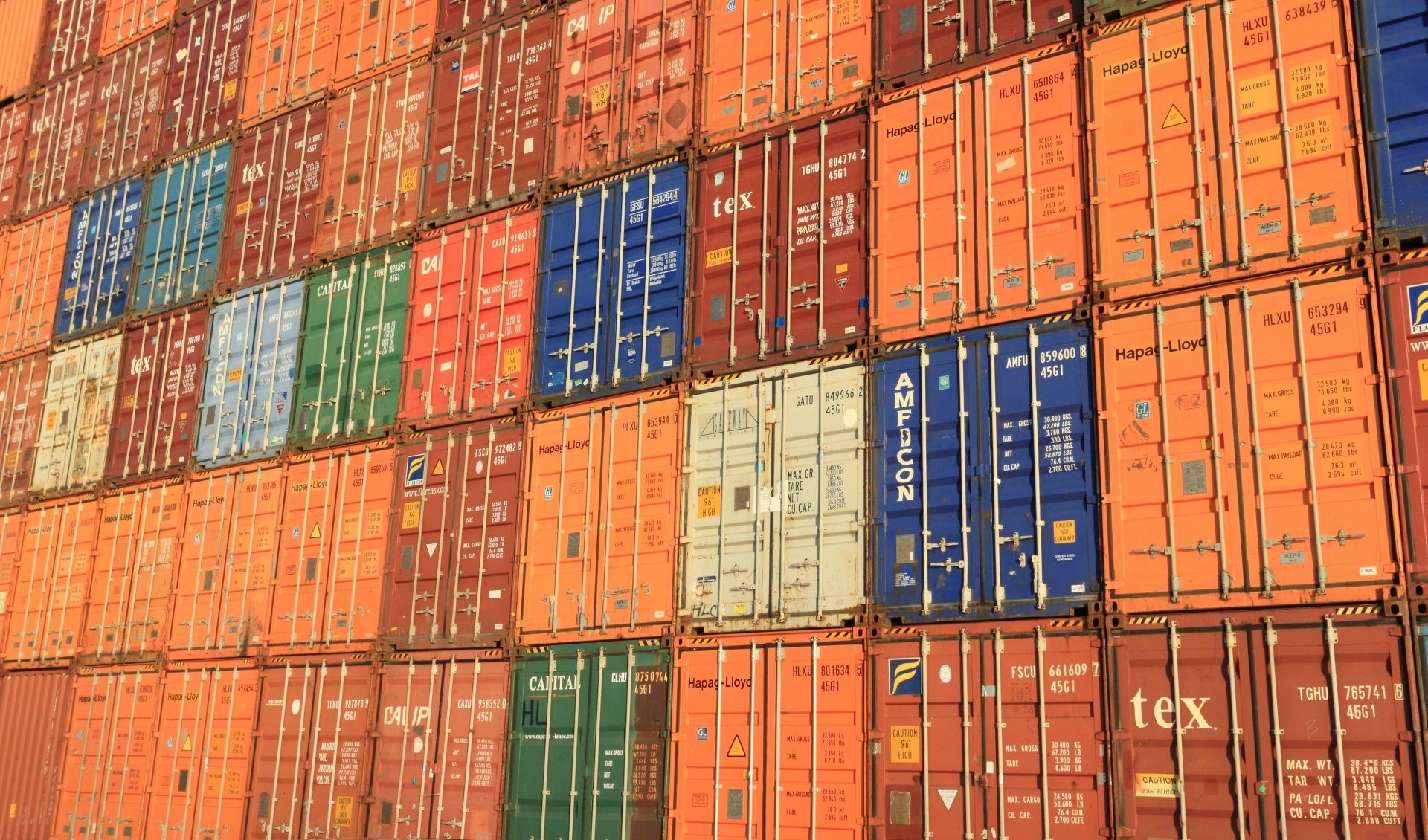News
Navigating Towards a Greener Future: Celebrating Earth Day in the Shipping Industry
Earth Day, observed annually on April 22nd, serves as a global reminder of our collective responsibility to protect and preserve the environment. In industries like shipping and logistics, where operations have significant environmental impacts, Earth Day presents an opportunity to reflect on sustainable practices and explore innovative solutions for a greener future.
The Environmental Impact of Shipping
The shipping industry is the backbone of global trade, facilitating the movement of goods across continents. However, this extensive network comes with environmental challenges, including carbon emissions, marine pollution, and resource consumption. Addressing these issues is crucial to minimize the ecological footprint of shipping activities.
Embracing Sustainability in Logistics
Sustainability in logistics involves adopting practices that reduce environmental harm while maintaining efficiency. Key strategies include:
- Optimized Route Planning: Utilizing advanced logistics planning and design to determine the most efficient routes, thereby reducing fuel consumption and emissions.
- Freight Consolidation: Combining shipments to maximize cargo space and minimize the number of trips, leading to lower carbon emissions.
- Eco-Friendly Transportation Modes: Incorporating transport methods with lower environmental impact, such as electric or hybrid vehicles, and exploring alternative fuels.
- Energy-Efficient Warehousing: Implementing storage solutions that utilize renewable energy sources and energy-saving technologies to reduce the carbon footprint of storage facilities.
The Role of Technology in Sustainable Shipping
Technological advancements play a pivotal role in promoting sustainability within the shipping industry. Tools like real-time tracking, data analytics, and automated systems enhance operational efficiency and enable proactive environmental management. For instance, predictive analytics can forecast demand, allowing for better resource allocation and reduced waste.
Collaborative Efforts for a Sustainable Future
Achieving environmental sustainability in shipping requires collaboration among various stakeholders, including logistics providers, clients, regulatory bodies, and local communities. Engaging in partnerships focused on environmental conservation, participating in community clean-up events, and supporting reforestation projects are ways the industry can contribute positively to the environment.
As we commemorate Earth Day, it's imperative for the shipping and logistics sector to continue evolving towards more sustainable practices. By integrating eco-friendly strategies, leveraging technology, and fostering collaborative efforts, the industry can significantly reduce its environmental impact.
Together, we can navigate towards a greener, more sustainable future for global trade and our planet.










